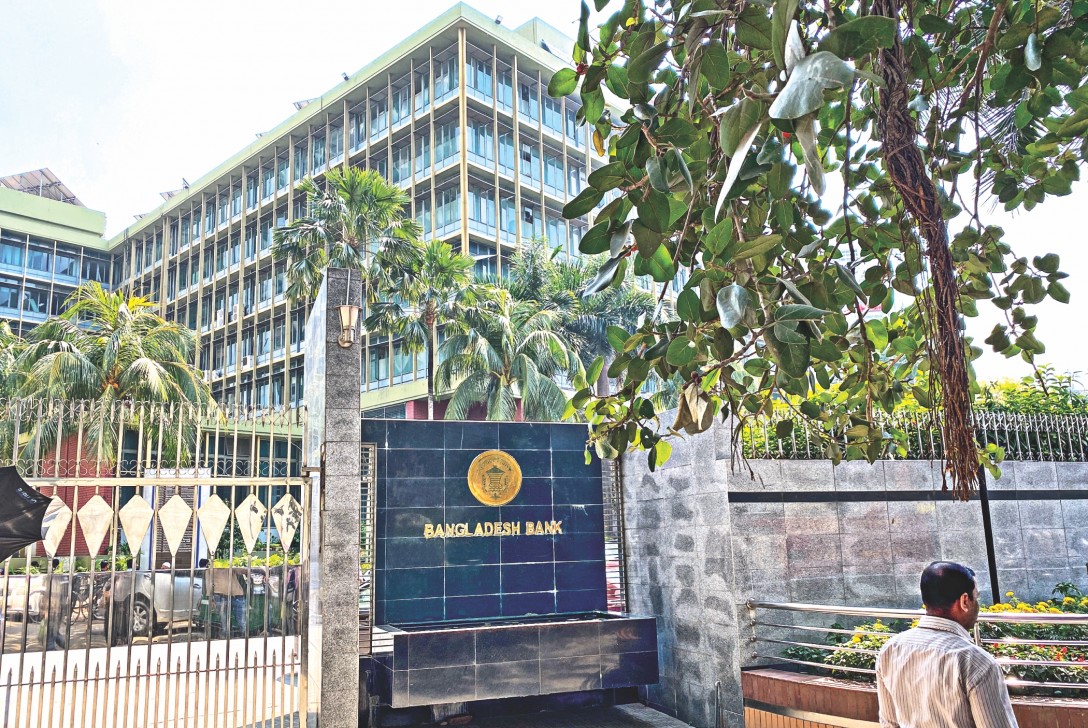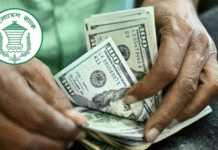A good number of banks in the US, Canada and many other countries around the world have temporarily shut their branches or scaled back their retail operations as part of their efforts to flatten the curve on coronavirus.
Not just that, central banks around the world are coming up with rescue packages to help their economies tide over the coronavirus-induced slowdown.
For instance, the Federal Reserve, the central bank of the US, has cut interest rate to essentially zero on March 15 and launched a massive $700 billion quantitative easing programme to shelter the economy from the effects of the virus.
Similarly, the Bank of England had earlier slashed the rates by 50 basis points, and on Tuesday, British Chancellor Rishi Sunak unveiled a £350bn lifeline for the economy.
Closer to home, the Reserve Bank of India is mulling over cutting the interest rate to help shore up the Indian economy amid the rapidly escalating global coronavirus pandemic.
All around the world, central banks are driven to action to save the global economy from the impact of the virus that stands to shave off $2 trillion this year, according to the United Nations Conference on Trade and Development.
But the Bangladesh Bank is found twiddling with its thumbs.
At the time of writing, the total number of active cases of coronavirus in Bangladesh stands at 14, while one person has died of the lethal, pneumonia-like virus.
And the virus has spread to the level of local transmission in Bangladesh, said the Institute of Epidemiology, Disease Control and Research yesterday.
The Daily Star spoke with the officials of four departments of the central bank to learn the measures the BB is preparing to ensure a soft landing for the economy once the coronavirus is tamed.
According to them, the central bank has not thought about the issue yet. Only its payment systems department is mulling over allowing settling of transactions through digital means.
The department is thinking of increasing the ceiling for cash withdrawal from automated teller machines and transactions through the mobile financial service platform.
But, it will take at least four to five days to issue any instruction to this end, said a central bank official.
The Department of Currency Management, which is dedicated to supplying cash to the market and mopping them up, has yet to get any instruction from the higher-ups for taking any preparation for the rainy days.
An official of the monetary policy department of the BB said they did not get any signal from the higher-ups to work on the central bank policy rate (CBPR), which is the rate that is used to implement or signal its monetary policy stance, if the coronavirus spread massively.
“Our higher-up should take immediate measures given the requirement for cash going up during the crisis period,” said a BB official.
The central bank should also take adequate measures to running banking services by using various means if the banks close their branches.
The Daily Star yesterday visited different branches of seven banks. The officials informed the number of clients declined at least 20-30 per cent since fear gripped Dhaka city dwellers.
Asked what types of measures the central bank would take if the covid-19 reaches a pandemic level, its Spokesperson Md Serajul Islam declined to comment.
Both the central bank and the finance ministry should take immediate measures to tackle the crisis or else the situation will get out of control soon, said Ahsan H Mansur, executive director of the Policy Research Institute.
The central bank should take up a plan to inject liquidity into the market based on the situation.
The CBPR should even be cut like in other nations to protect the economy from losses if the coronavirus spreads massively, he said.
The central bank will have to start preparations to purchase treasury bills and bonds vastly from lenders in order to supply the required cash to the market, said Mansur, also a former official of the International Monetary Fund.
The industrial plants and the service sector can be protected from the demand compression by injecting cash.
In some cases, banks will have to provide loans at a low interest rate to businesses so that the can provide wages to their staff during the crisis.
Inflation will not fuel if the CBPR is cut as the demand of products nosedive during any calamity, said Mansur, also the chairman of Brac Bank.
The central bank should start preparations for injection of liquidity into the economy to control the situation, said Zahid Hussain, former lead economist of the World Bank’s Dhaka office.
Fresh refinance schemes could be introduced for enterprises if the virus spreads, he said, adding that the government should withdraw the excise duty on savings to give people a respite from the crisis, Hussain added.
But banks are being more proactive than the central bank as they have already started taking preparations, ignoring the BB’s inertia.
The top management of Mutual Trust Bank has already sat on how to tackle the coronavirus outbreak, said its Managing Director Syed Mahbubur Rahman.
The bank has taken a plan for its employees to work in shifts if the virus spreads widely.
The CBPR could be cut if businesses are tottering from the coronavirus outbreak, said Rahman, also the immediate past chairman of the Association of Bankers, Bangladesh, a forum of banks managing directors.
Bank Asia has also commenced preparations to face the crisis, said its MD Md Arfan Ali.
“Our staff will work from home and some portion of our operations will have to be closed if situation gets worse.”
Source: The Daily Star










